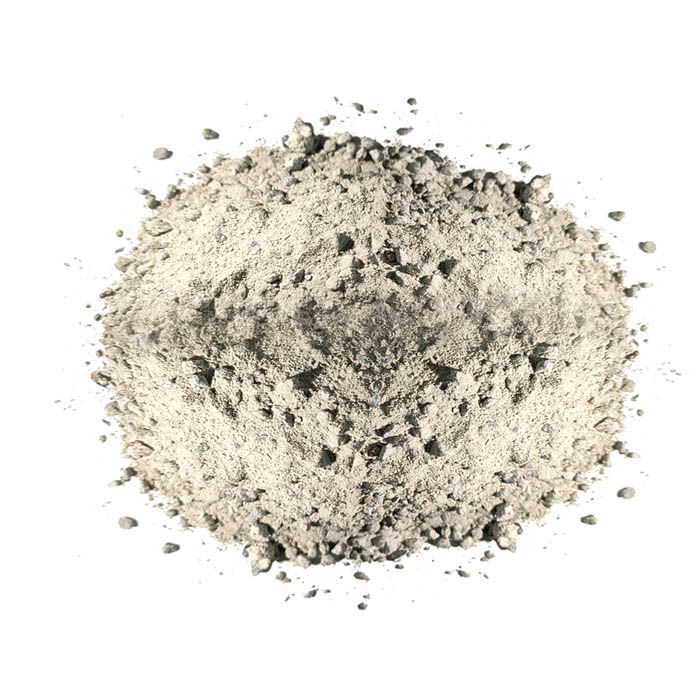Nov . 05, 2024 01:05 Back to list
refractories and refractory materials
Understanding Refractories and Refractory Materials
Refractories, often referred to as refractory materials, are essential components in various industries that involve high-temperature processes. These materials are designed to withstand extreme temperatures, corrosion, and mechanical stress, making them critical for applications in metal production, glass manufacturing, cement, and other high-temperature processing sectors.
What are Refractories?
Refractories are specialized materials that retain their strength and stability at elevated temperatures. They are composed of a mixture of minerals, ceramics, and sometimes metals, which are engineered to withstand significant heat without melting or decomposing. The unique properties of refractories make them indispensable in furnaces, kilns, incinerators, and reactors, where they line the inner walls and protect the structures from heat damage.
Types of Refractory Materials
Refractory materials can be classified into several categories based on their composition and properties
1. Clay Refractories These materials are mainly composed of clay minerals like kaolin and fire clay. Clay refractories are commonly used due to their excellent thermal stability and relatively low cost.
2. High-Alumina Refractories These contain a higher proportion of alumina and are known for their strength and resistance to corrosion and thermal shock. High-alumina refractories are often used in applications involving molten metals and glass.
3. Silica Refractories Comprising a significant amount of silica, these are particularly useful in applications like glass furnaces. They can withstand high temperatures but may not perform well under heavy mechanical loads.
4. Magnesite Refractories Made from magnesium oxide, these refractories are known for their excellent resistance to basic slag and are commonly used in the steelmaking industry.
refractories and refractory materials

5. Specialty Refractories These include materials designed for specific applications, such as carbon and graphite refractories, which are crucial in metallurgical applications due to their high thermal conductivity.
Properties of Refractory Materials
The performance of refractory materials is determined by several key properties
- Refractoriness This is the ability of a material to withstand high temperatures without softening or deforming. - Mechanical Strength Refractories must maintain their structural integrity under physical stress and thermal expansion. - Thermal Shock Resistance This property enables refractories to withstand sudden temperature changes without cracking. - Chemical Resistance Many applications expose refractories to corrosive substances; thus, they must resist chemical attack from slags, metals, and other materials.
Applications of Refractory Materials
Refractory materials find extensive use across various industries
- Metallurgy They are critical in the production of iron, steel, and non-ferrous metals, where they are used to line furnaces and ladles. - Cement Industry Refractories are essential in the lining of rotary kilns used for cement production. - Glass Industry High-performance refractories are used in glass tanks and melting furnaces to withstand the high temperatures involved in glass production. - Energy Production Refractories are also utilized in the creation of energy-efficient incinerators and reactors for renewable energy processes.
Conclusion
In summary, refractories and refractory materials play a vital role in high-temperature industrial applications, contributing significantly to efficiency, safety, and the longevity of equipment and structures. As industries continue to evolve and push the limits of temperature and material performance, the ongoing development of advanced refractories will be critical in meeting the challenges of modern manufacturing and energy production. Understanding the different types and properties of these materials helps industries choose the appropriate refractories for their specific applications, ensuring optimal performance and durability.
-
Eco-Friendly Granule Covering Agent | Dust & Caking Control
NewsAug.06,2025
-
Fe-C Composite Pellets for BOF: High-Efficiency & Cost-Saving
NewsAug.05,2025
-
Premium Tundish Covering Agents Exporters | High Purity
NewsAug.04,2025
-
Fe-C Composite Pellets for BOF | Efficient & Economical
NewsAug.03,2025
-
Top Tundish Covering Agent Exporters | Premium Quality Solutions
NewsAug.02,2025
-
First Bauxite Exporters | AI-Optimized Supply
NewsAug.01,2025
